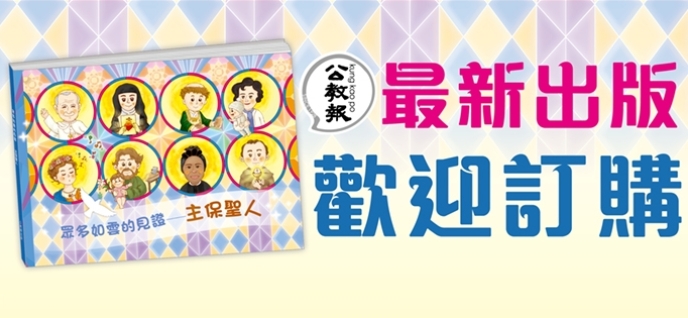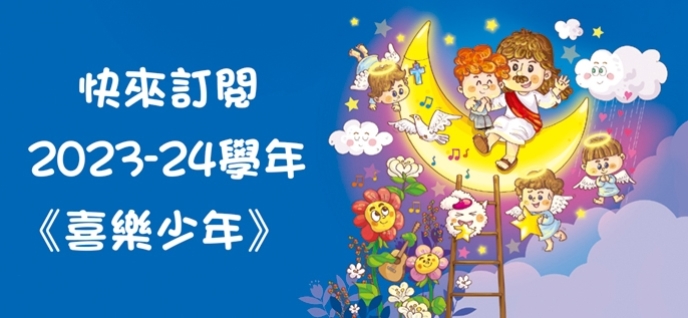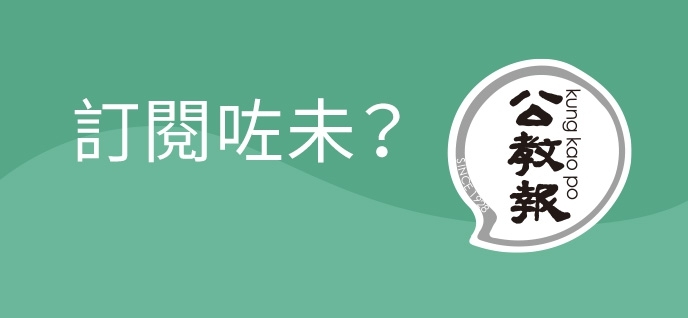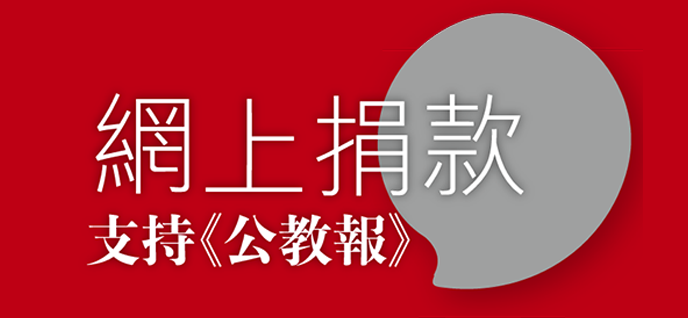
Sleep tight
Some surveys found that Hong Kong teenagers may not be sleeping long and well enough. Many of them sleep less than seven hours every night and do not “sleep tight”.
The expression “sleep tight” means sleep deeply and well. It first appeared in a diary written by Susan Bradford Eppes, an American writer, in 1866.
“Goodbye little Diary. ‘Sleep tight and wake bright,’ for I will need you when I return.”
Why do people use the word “tight”, which normally means firmly and securely, to describe the quality of their sleep? There are two popular stories behind this saying.
The first one goes back to the early 19th century when people slept on rope-beds. Nowadays, the mattress is put on sturdy wooden boards or metal springs. However, in the past, the mattress was put on bed frames made of ropes. People needed to tighten the ropes regularly to prevent the mattress from sagging.
The second origin is related to a popular bedside nursery rhyme. The first two lines are:
“Good night, sleep tight,
Don’t let the bedbugs bite, …”
However, both stories have been rejected by scholars. While rope-beds were invented many years before the first appearance of “sleep tight”(睡個好覺), the nursery rhyme was created in the late 19th century.
Instead, scholars suggested that the word “tight” in the expression means “soundly” and “well”. This usage can be traced back to the Shakespearean time in the 17th century.
A quality sleep keeps us healthy both physically and mentally. Let’s go to bed early and, most important of all, sleep tight.






